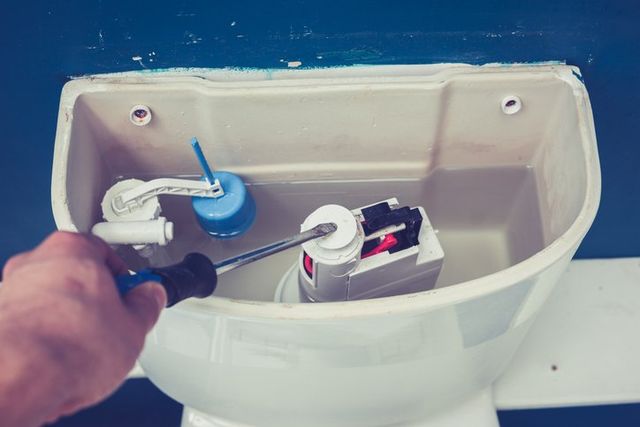Tackling the Usual Hot Water Heater Emergency Challenges
Tackling the Usual Hot Water Heater Emergency Challenges
Blog Article
Do you find yourself hunting for information and facts about The Importance of Water Heater Maintenance?

A hot water heater is among the most crucial basic home appliances that can be found in a residence. With water heaters, you do not need to experience the anxiety of home heating water manually whenever there is a need to take a bath, wash, or the dishes. There is constantly an opportunity that your water heating system would act up as with the majority of mechanical tools.
It is important to note any kind of little malfunction and tackle it swiftly prior to things leave hand. The majority of times, your water heater starts to malfunction when there is a build-up of sediments as a result of continuous usage. As a preventative measure, regular flushing of your water heater is advised to avoid debris buildup and avoid functional failing.
Common water heater emergency situations as well as just how to manage them
Dripping water heater storage tank.
A leaking tank could be an indication of rust. It could cause damages to the floor, wall surface and electrical gadgets around it. You might also be at danger of having your apartment swamped. In this circumstance, you need to turn off your water heater, allow it to cool, as well as very carefully look for the source of the problem. At times, all you require to do is to tighten up a couple of screws or pipeline connections in cases of small leaks. If this does not function and also the leakage persists, you could require to utilize the solutions of a professional for an appropriate substitute.
Fluctuating water temperature.
Your water heating unit might begin producing water of different temperature levels usually ice hot or cold hot. There might be a demand to replace either the thermostat or the heating system of your water heating unit.
Inadequate hot water
It may be that the water heating system can't support the hot water demand for your apartment. You can update your water heating unit to one with a larger capability.
Tarnished or smelly water
When this takes place, you need to recognize if the issue is from the tank or the water resource. If there is no amusing odor when you run cool water, after that you are certain that it is your water heating unit that is malfunctioning. The stinky water can be caused by rust or the buildup of microorganisms or debris in the water heater storage tank.
Verdict
Some home owners overlook little caution as well as minor faults in their hot water heater unit. This just brings about additional damage as well as a possible total break down of your home appliance. You need to deal with your hot water heater mistakes as soon as they come up to avoid even more costs as well as unneeded emergency problems.
With water heating units, you do not require to go via the stress of home heating water by hand every time there is a requirement to take a bathroom, do the washing, or the dishes. Your water heating unit can begin generating water of various temperature levels typically ice cool or hot hot. It might be that the water heating system can't support the hot water need for your home. If there is no amusing odor when you run chilly water, then you are particular that it is your water heater that is malfunctioning. The smelly water can be triggered by rust or the buildup of bacteria or sediments in the water heating system container.
Common Water Heater Issues and What You Should Do
What Type of Water Heater Do You Have?
Before we begin it’s first important that you identify the type of water heater you have on your property. There are two main types of water heaters out there: conventional and high efficiency.
Both of these types of products typically use either gas or electricity to heat power. There are also solar water heaters that use a thermal collector on the roof or yard to heat the water.
While these models are not as common, they can cut heating costs in half. In this article, we will focus on conventional and high efficiency.
How Do My Electric and Gas Water Heater Work?
Though they look similar, electric and gas water heaters work very differently. It’s important to know their basic function because often problems can be specific to the heating source.
In the electric model, a thermostat on the side of the machine detects the temperature of the water in the tank. When the temperature needs to rise electricity flows to a heating element suspended in the water.
Gas models also use a thermostat device — typically with a mercury sensor at the tip and an additional sensor called a thermocouple. The thermocouple detects whether the pilot light is on and controls the flow of gas.
When the thermostat drops below the appropriate level gas is released which becomes ignited by the pilot light. The flame heats the bottom of the water tank which causes hot water to rise and cold water to drop.
This natural circulation continues until the water reaches the desired temperature. Then, the thermostat triggers the gas control valve to shut off the flow of gas.
What Are the Most Common Issues and How Do You Fix Them?
https://happyhiller.com/blog/common-water-heater-issues-and-what-you-should-do/

I am very interested in Common Hot Water Heater Problems and I'm hoping you enjoyed my page. Are you aware of another individual who is inquisitive about the subject? Do not hesitate to promote it. Thank you so much for going through it.
Clog issue? Reach out! Report this page